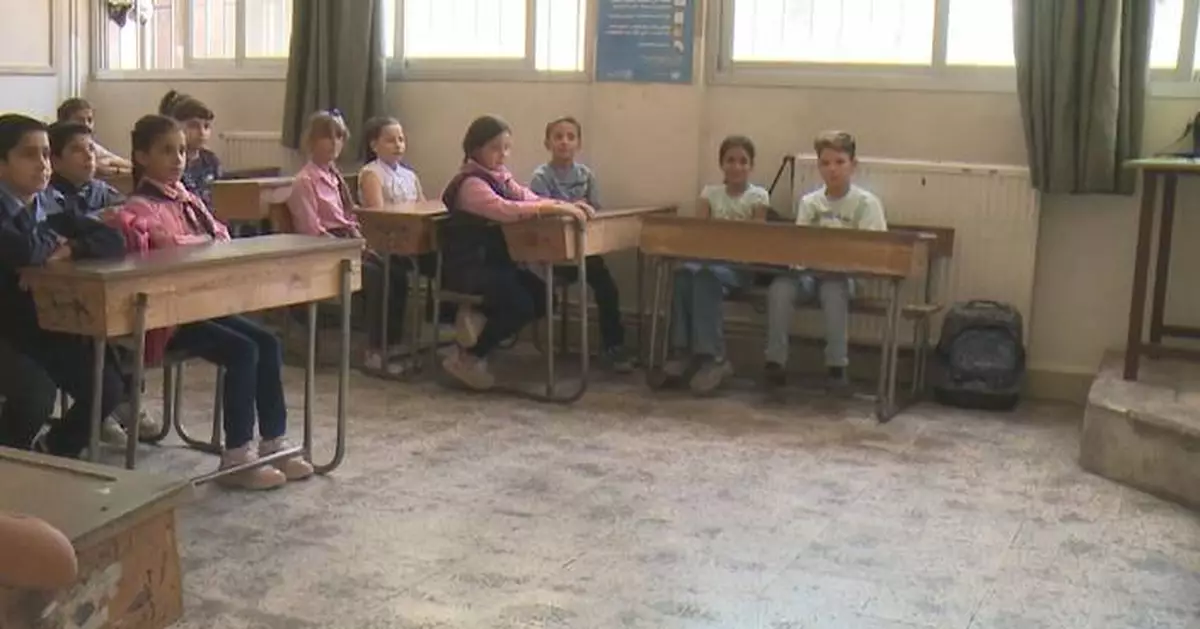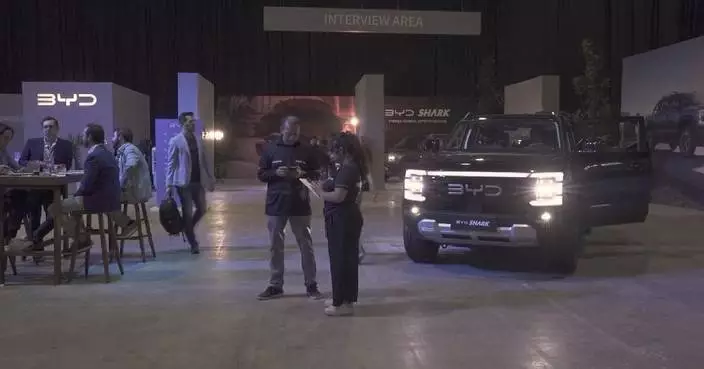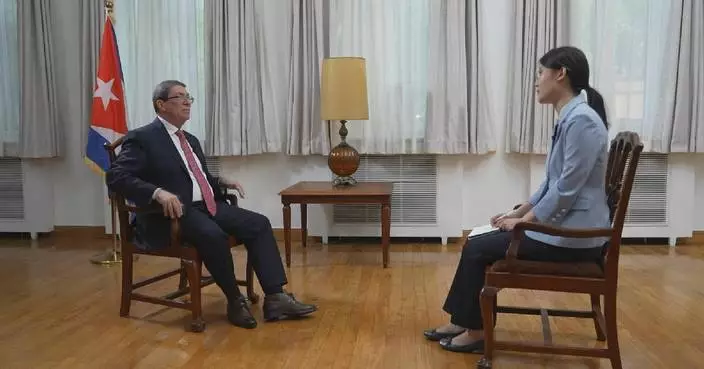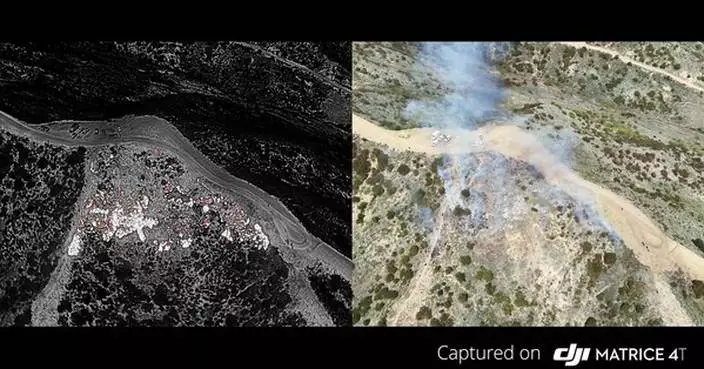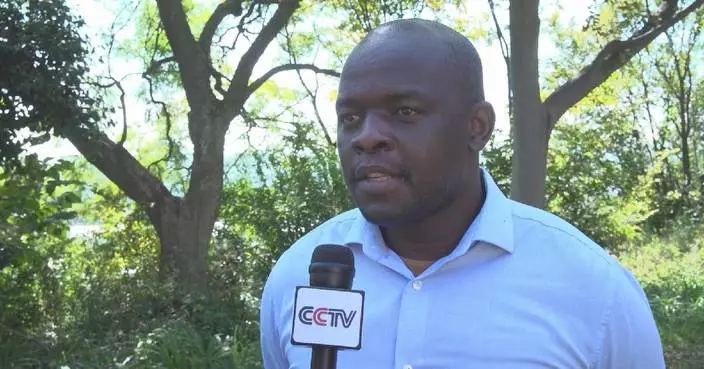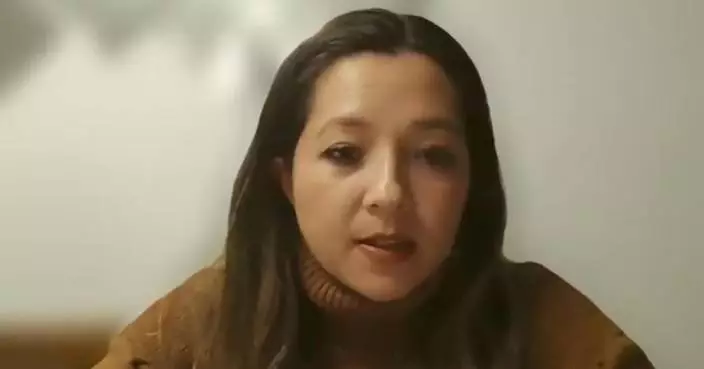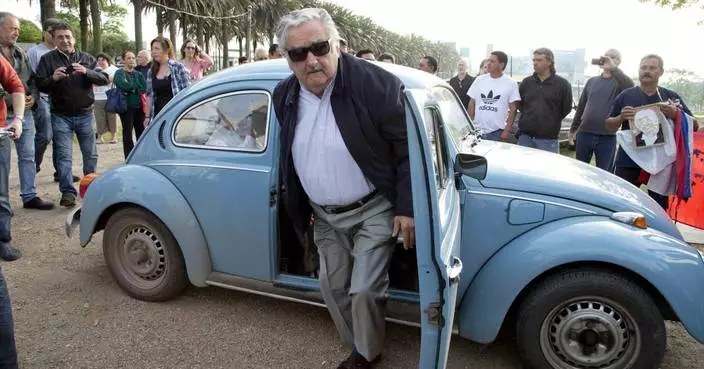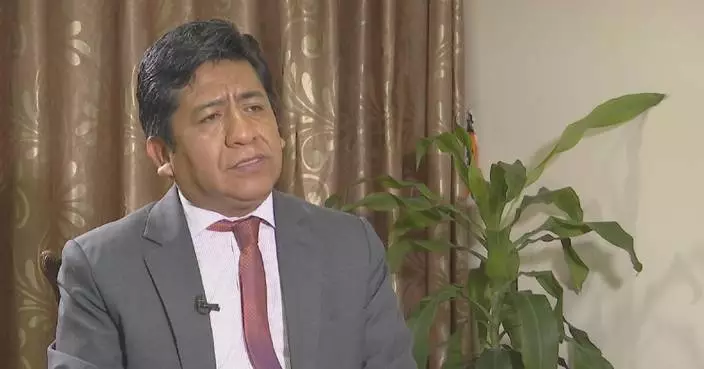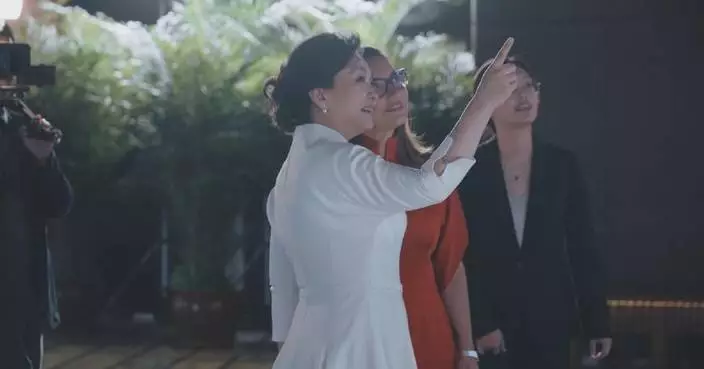Resuming a safe and stable education system for young people in Syria is a major challenge for the new government in Damascus, as years of crisis destroyed facilities across the country.
More than 7,000 schools have been destroyed in the 13-year-long civil war, leaving around 2 million children out of education. This has produced an entire generation of children who have never been enrolled by schools.
As a new transitional government took shape in Damascus following the ouster of President Bashar al-Assad in December 2024, the economic and security challenges still facing the war-torn nation have become clear.
The political turmoil added to the crisis in education, as inadequate resources make it difficult to repair damaged schools. And this, in turn, piles pressure on schools that are still functioning.
The inadequate resources of the government have made it difficult to provide any funds for repairs or improving the functioning schools.
Many teachers do not attend their classes everyday as transportation is too expensive compared to what they earn.
"The maximum salary for a teacher is roughly 260,000 to 400,000 Syrian pounds, which comes to 30 U.S. dollars per month. Teachers can do almost nothing with this salary. The cost of transportation for a teacher to come to school might amount to 150,000 Syrian pounds a day. So many have to walk for over an hour to their schools," said Lina Jord, principal of a local primary school in Damascus.
The students are suffering no less than their teachers, with a lack of heating, long power outages, and an absence of proper entertainment.
"In this area, we set up two nets near each other. Sometimes we place them opposite to each other so we can play football. The more we participate in sports class and running, the more we can get warm," said a fifth-grade student.
"When I arrive at school every day in the morning, I would be a bit warm. But I feel colder when I sit on the chair. So I start to do my writing while standing, then it will be better," said Hind Abdulaziz, a third-grade student.
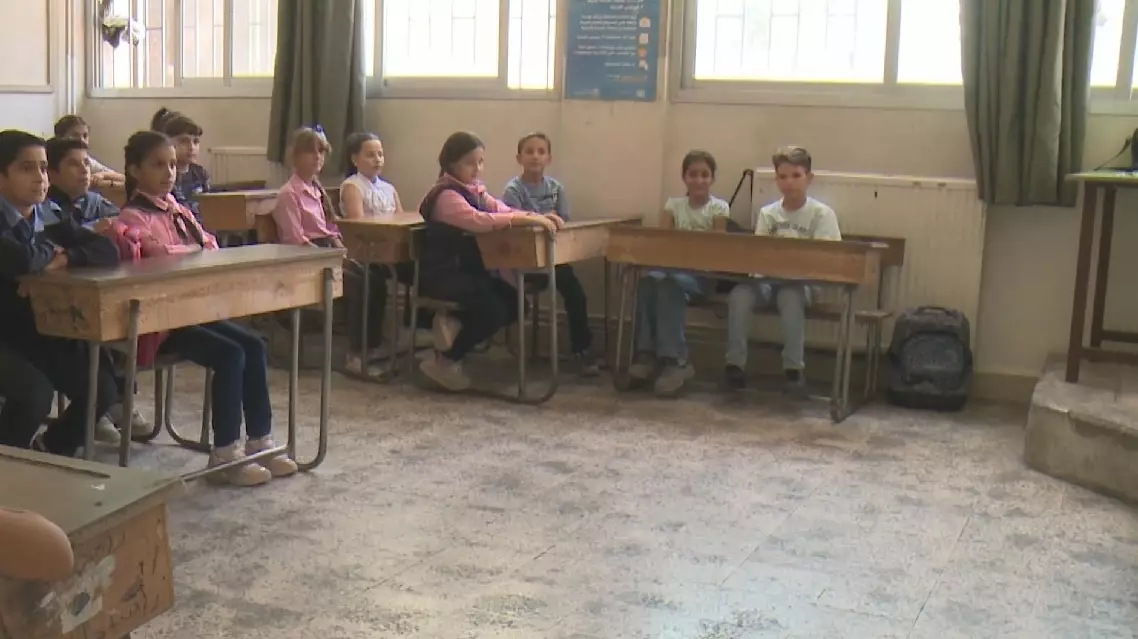
Syria faces challenges in resuming education system following conflicts


